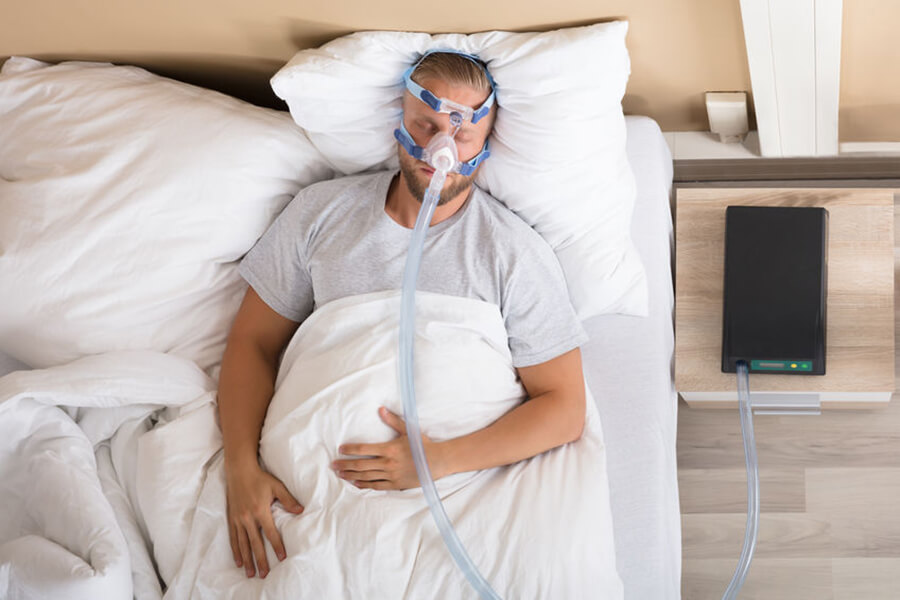Sleep apnea, a significant disorder where your breathing stops and starts while you are sleeping, can increase your blood pressure. This pattern of breathing decreases the oxygen in your body (hypoxia) causing havoc with your circulatory system.
A University of British Columbia Okanagan study of healthy males found “After just six hours of fluctuating oxygen levels, similar to what happens with sleep apnea, the body’s ability to regulate blood pressure is impaired.” This study also showed that the blood flow to legs was compromised.
Common Symptoms of Sleep Apnea
- Gasping for breath while sleeping
- Loud snoring, often heard by others
- Another person notices you stop breathing during sleep
- Insomnia
- Dry mouth and headaches upon awakening
Obstructive sleep apnea occurs when your muscles relax at the back of your throat making your airway narrow. When your airway narrows, the oxygen entering is not sufficient and your brain will try to wake you. That lack of oxygen can cause hypertension.
Causes of Sleep Apnea
Being a male automatically pushes you up on the scale of having sleep apnea. If you are elderly, and overweight, your chances increase considerably. Poor lifestyle choices, such as alcoholism and smoking, can also boost your chances of sleep apnea. Specific medical conditions like type 2 diabetes, congestive heart failure and Parkinson’s disease may all contribute to your sleep apnea episodes.
Treatments to Help Men with Sleep Apnea
Begin by reporting any sleep disorder with your medical provider. You may be required to take a sleep study to see if apnea is present. After that, your provider may prescribe a CPAP (Continuous Positive Airway Pressure) machine. This will deliver a steady flow of oxygen to you as you sleep. Doctors may recommend surgery or an oral device to correct your sleep apnea.

